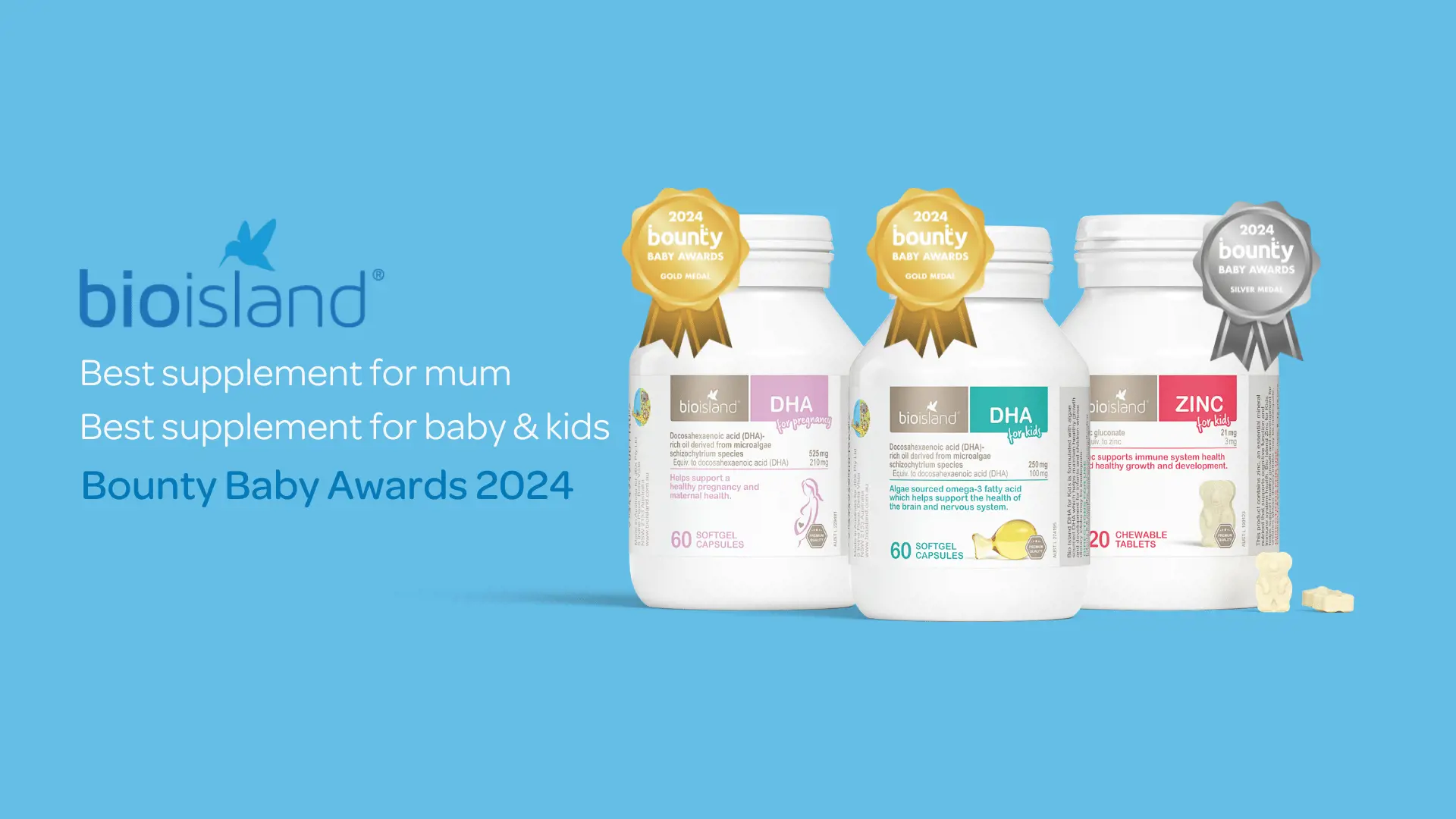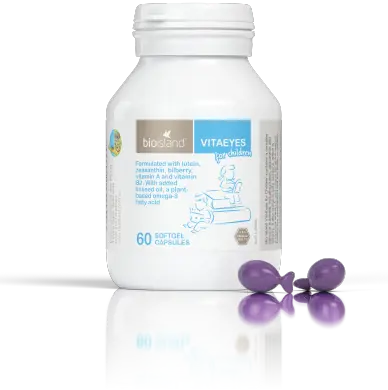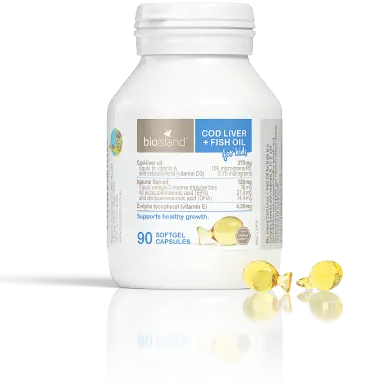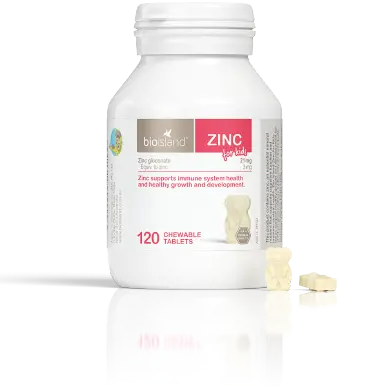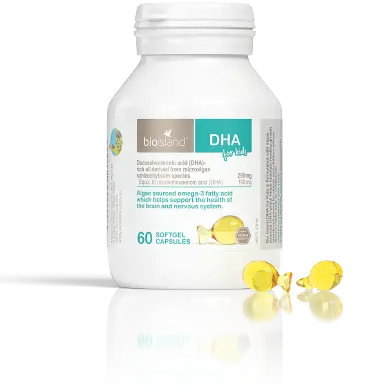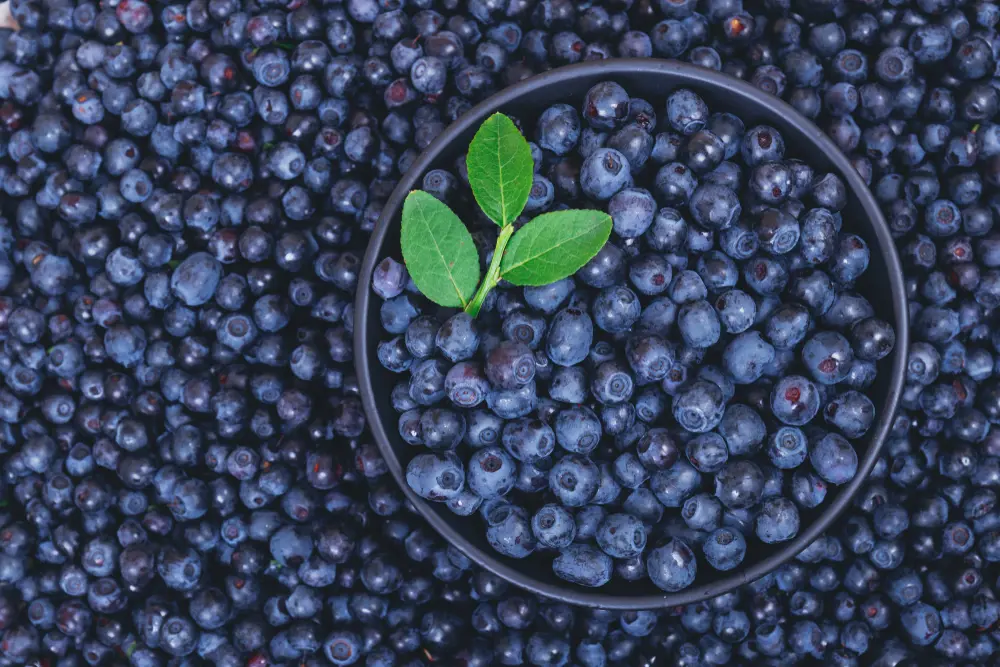
The top 7 things to know about bilberry
With such a rich history and nutrient importance let’s explore the top 7 things you must know about this superfood.
Nutrition
When it comes to superfoods, the spotlight often falls on well-known options like blueberries, kale, and spinach. However, there's a lesser-known yet equally amazing berry, and that is bilberry. Bilberry (also known as Vaccinium myrtillus) is a small, deep purple fruit that belongs to the same family as blueberries and cranberries. Native to Northern Europe, Asia and North America, bilberry has been used for centuries for its medicinal properties. With such a rich history and nutrient importance let’s explore the top 7 things you must know about this superfood.
- Rich in Antioxidants: Bilberry fruit contains naturally occurring chemicals known as anthocyanosides, which are plant pigments that have excellent antioxidant properties. Antioxidants work by destroying free radicals (unstable molecules) that may damage your cells. Free radicals occur naturally in our bodies, though exposure to environmental and lifestyle elements can increase their occurrence, such as pollution, smoking, alcohol, and chemicals. Free radical damage can contribute to an array of things with our bodies including aging, chronic illnesses and inflammation.
- Contains Vitamin C: One of the most well-known vitamins is vitamin C, which is also an antioxidant. Bilberries are a good source of vitamin C, and the fruit has a long history of being used to help scurvy and diarrhea. Vitamin C is these days more commonly used for immune system support, though also popular for healthy skin, collagen production and assisting iron absorption.
- Fibre Content: In a 2015 study Finnish bilberries and bilberry press cake (a byproduct of bilberry juice processing) found bilberries to be a good source of dietary fibre, and was mostly insoluble fibre. The fibre content did vary with fresh bilberries containing approximately 3%, freeze dried 24% and dry bilberry press cake 59%. The content was dependant on the high percentage of peel and seed in bilberries, despite their petite size.
- Eye Health: There are a few reasons why bilberry is known for its eye health properties, as it is involved with a number of actions within the eye. As mentioned, bilberry has antioxidant properties which help protect cells within the eyes. It also helps support blood circulation to the retina, along with being involved with other actions related to light sensitivity processes and having protective properties against some age-related eye ailments.
- Cardiovascular Health: Recent studies conducted have shown that anthocyanosides (which are found in bilberries) may strengthen blood vessels, support circulation and may prevent the oxidation of ‘bad’ cholesterol, all of which are key functions for heart health. While this is promising, more research is needed into how bilberries antioxidant and anti-inflammatory properties may help support heart health.
- Cognitive Health: Another key area bilberry has promising results in is cognitive function. In adult’s links have been made that consumption of berries, including bilberry, may improve memory and help protect against age related cognitive decline. Again, more studies are required, particularly in a broader population.
- Blood Circulation: Anthocyanosides, mentioned above have been show in research to help maintain the integrity of microcirculation in the body. Microcirculation refers to the blood in the smallest blood vessels in our body, consisting of arterioles, capillaries, and venules. Bilberry has been demonstrated to reduce capillary fragility in adults, however consideration should be given due to the age, population size and method of these studies. Given bilberries growing popularity, newer clinical research is sure to emerge and give us further insight into this super berry.
As you can see, bilberries are a nutritional powerhouse that deserves recognition for their impressive health benefits. From providing a wide range of antioxidants and vitamins to potentially supporting heart and cognitive health, these small purple berries can help our overall well-being. Whether you enjoy them frozen, dried, or lucky enough to be able to have access to them fresh, bilberries are a tasty option we should consider adding our diets. As with any dietary change, it's best to consult with a healthcare professional before adjusting your diet or taking supplements.
This information does not take into account your personal situation and is general in nature. You should consider whether the information is appropriate for your needs and seek professional medical advice.
Always consult your healthcare professional before taking any supplements or if any concerns arise.


